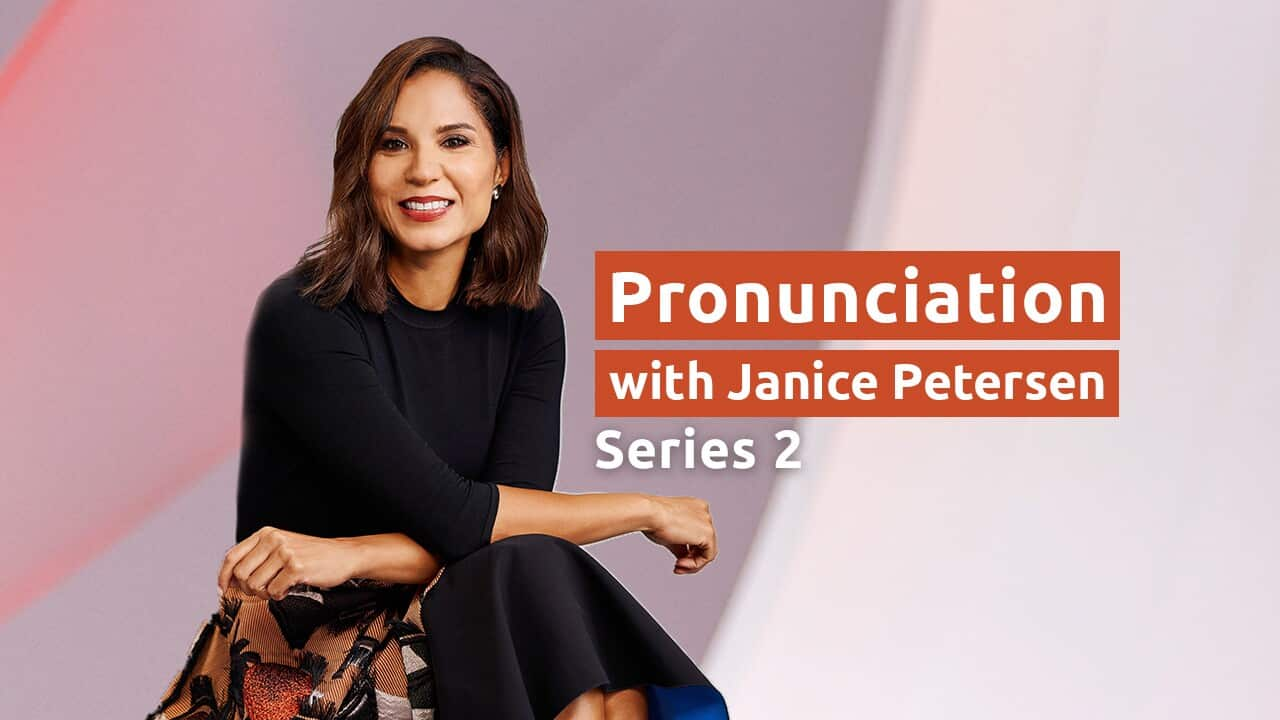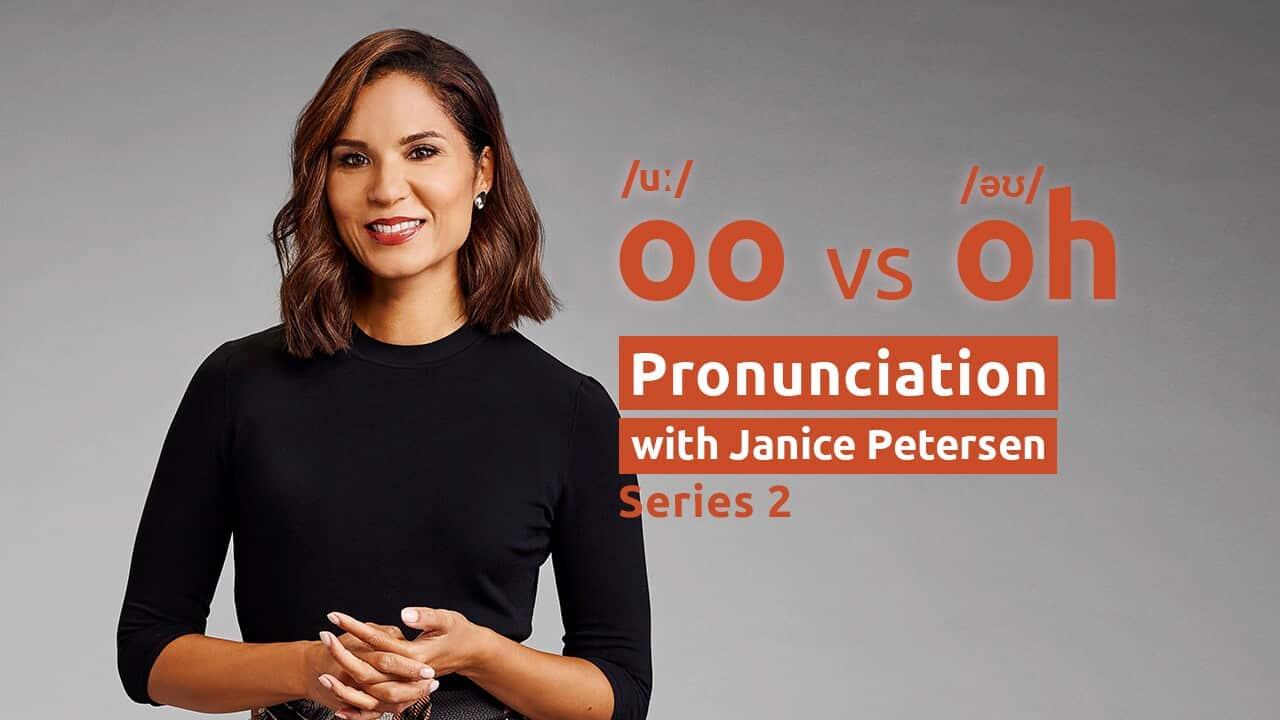Key Points
- Learning objectives:Can pronounce /uː/ and /əʊ/ (flu and flow)
- First language influence: The long vowel sound /uː/ is challenging for Macedonian, Greek, Persian, Dari, Kurdish and Korean speakers. /əʊ/ is absent in Russian /əʊ/ is mispronounced by Farsi, Arabic, Turkish, Hindi, Bengali, Japanese, Thai, and Kurdish speakers (tend to pronounce the sound as a long vowel) Vowels are problem areas for Swahili speakers as Swahili only has five vowel sounds: /i/, /e/, /u/, /a/, and /o/.
- Text for practise: I’ve been everywhere man, I’ve been to Moree, Taree, Jerilderie, Amaroo, Toowoomba, Gunnedah, Caringbah, Woolloomooloo Tarego, Dorrigo Bangalow, Indooroopilly Kirribilli, Yeerongpilly Wollondilly, don’t be silly. * Combines multiple verses of the song * To ensure all place names derive from First Australian languages, ‘Bendigo’ has been replaced by ‘Tarego’ and ‘Bambaroo’ has been replaced by ‘Amaroo’
- Minimal Pairs: /uː/ suit blue flu glue oops goo (kangaroo, cooee, coolamon, woomera) /əʊ/ so bloke flow glow open go.
This lesson suits all learners at all levels.
Check out the rest of Season 2

Improve your pronunciation | Season 2
If you missed the first season of our popular podcast, now's your chance to catch up!

Improve your pronunciation | Season 1
Transcript:
(Note: This is not a word-for-word transcript)
I’ve been everywhere man,
I’ve been to Moree, Taree, Jerilderie, Amaroo,
Toowoomba, Gunnedah, Caringbah, Woolloomooloo
Tarego, Dorrigo
Bangalow, Indooroopilly
Kirribilli, Yeerongpilly
Wollondilly, don’t be silly.
I’m Janice Petersen and you might recognize me from SBS World News. As a journalist, I’ve been lucky enough to travel all over Australia. You could say, ‘I’ve been everywhere man’!
I love finding out where the names of places come from and what they mean. Over 60% of place names in Australia come from Aboriginal and Torres Strait Islander languages, connecting First Nation’s people to the land, waterways, and mountains.
In this podcast, we’ll explore some well-known place names by learning how to pronounce the /uː/ [ooo] sound in Amaroo, Toowoomba, and Kangaroo and the /əʊ/ [oh] sound in Tarego, Dorrigo, and Bangalow.
Let’s start with some word pairs to see if you can hear the difference between the /uː/ [oo] and /əʊ/ [oh] sounds.
- Blue and bloke
- Flu and flow
- Goo and go
You may have noticed that the /uː/ [ooo] in flu is a long sound. You make it with your tongue high at the back of your mouth and your lips rounded like you’re about to kiss someone.
Try saying it after me:
- blue,
- flu,
- goo.
The /əʊ/ [oh] sound is a combination of two sounds /ə/ [uh] and /ʊ/ [oo].
Because you need to say both sounds, your tongue will lay flat, and your mouth will start in an open and relaxed position and end in a rounded position. Try saying it with me: ohhhh.
Let’s try it with the words, you might like to repeat after me:
- bloke,
- flow,
- go.
How about we give it a try with the song lyrics?
Let’s start with the part of the song with the /uː/ [ooo] sound in Amaroo, Toowoomba and Woolloomooloo. Try repeating after me:
I’ve been everywhere man,
I’ve been to Moree, Taree, Jerilderie, Amaroo,
Toowoomba, Gunnedah, Caringbah, Woolloomooloo. Next is the part of the song that has the /əʊ/ [oh] sound in Tarego, Dorrigo, and Bangalow. You can say it with me if you like:
Next is the part of the song that has the /əʊ/ [oh] sound in Tarego, Dorrigo, and Bangalow. You can say it with me if you like:
Tarego, Dorrigo
Bangalow, Indooroopilly
Kirribilli, Yeerongpilly
Wollondilly, don’t be silly.Let’s see how some other learners are doing. Who’s with us today?
Let’s see how some other learners are doing. Who’s with us today?
Students
We are students from....
Are you ready? Go...
They sounded awesome!
This song was originally written by Geoff Mack, an Australian country singer, in 1959. There are many versions of the song so check them out online, find your favourite, and sing along.
And the next time you travel somewhere in Australia, see if you can find out if it comes from an Aboriginal and Torres Strait Islander origin and what it means.
CREDITS
Thanks to our educational consultant, Natalie Oostergo from IES College
瀏覽更多最新時事資訊,請登上、、,或訂閱。
SBS 中文堅守,以繁體中文及簡體中文提供公平、公正、準確的新聞報道及時事資訊。SBS 廣東話及 SBS 普通話均已為大眾服務超過 40 年。歡迎在每天早上 9 至 11 時透過收聽廣東話節目及在每天早上 7 至 9 時收聽普通話節目,或透過收聽直播、節目重溫及其他語音內容。








